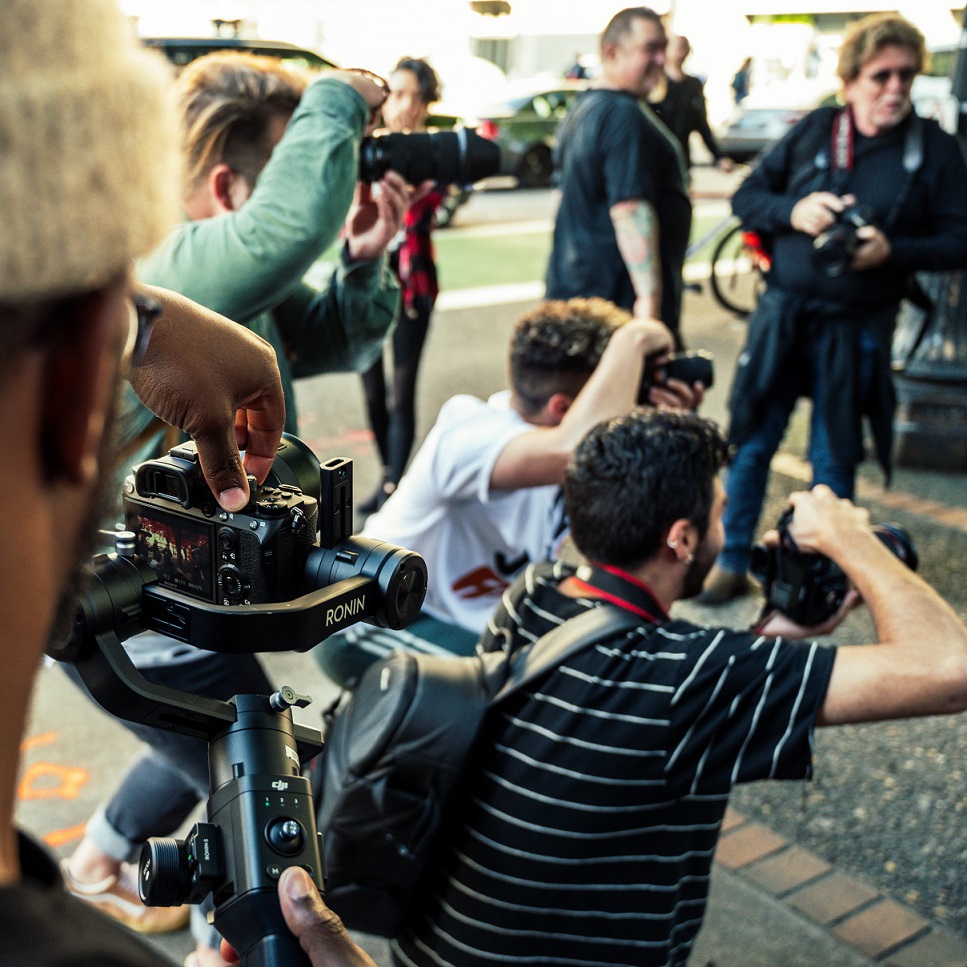What is the role of journalism in our lives as readers of media, I wonder, facing the murder of another journalist in Mexico. Ruben Espinosa was killed in a collective murder a few weeks ago.
 Mabel Encinas
Mabel Encinas
By contrast with journalism that perpetuates the status quo and does not question what happens around us, critical journalism confronts dominant perspectives.
This kind of journalism can only exist in a context in which true freedom of speech and thought prevails.
While dominant and commercial media build the news on the acceptation of ‘facts’ as ‘descriptions’ often presented by official reports or press releases (and imbued of dominant assumptions), critical journalism bring to us a more complex view of the world.
It also helps us ask questions about the situation presented and widens our view of those ‘facts’.
Critical journalism responds to the dominant views of powerful agents, bringing together texts and images that expose additional information and evidence that would have been dismissed otherwise and that allow an analytical approach.
This kind of journalism helps us reconfigure our understanding.
 For this reason, critical journalism is loaded with an energy that hopefully encourages us (as readers of media) to engage in changing the world from the particular spaces in which we act.
For this reason, critical journalism is loaded with an energy that hopefully encourages us (as readers of media) to engage in changing the world from the particular spaces in which we act.
Thanks to investigative critical journalism we can listen to usually unheard, alternative voices and we can explain at least some inconsistencies and contradictions in the information presented by dominant media.
We need critical journalism to make better sense of the world, particularly when what we get from dominant and commercial news does not match our experience, and does not explain the most basic problems we face on an everyday basis. Critical journalism works through fear thanks to the hope that things will change if we, the general public, get to know them.
Therefore, it opens possibilities for collective action.
However, it is up to us, the readers, to produce change, to engage in the issues that are at stake, such as privatisation, plans for fracking, further prerogatives to private companies in terms of taxes, precarious work, blaming of migrants, cuts in social spending, and issues of corruption, to name a few.
We, ordinary readers, cannot accept that journalists are threatened or killed.
 Part of the process of negotiating our present and our future involves getting access to alternative and wider pictures of the world.
Part of the process of negotiating our present and our future involves getting access to alternative and wider pictures of the world.
Reading is not reduced to casting our eyes over written text or a photograph.
Following Paulo Freire, reading means reading the world A text written by journalists is part of a context.
Also, our reading is part of our participation in the world and this is why reading is an important part of rewriting the context, of rewriting the world.
Rubén Espinosa is one of the forty journalists that have been killed in Mexico during Peña Nieto’s government.
We, readers, cannot accept that critical voices are silenced if we aim to live in a better world.
(Photos: Pixabay)












.jpg)












